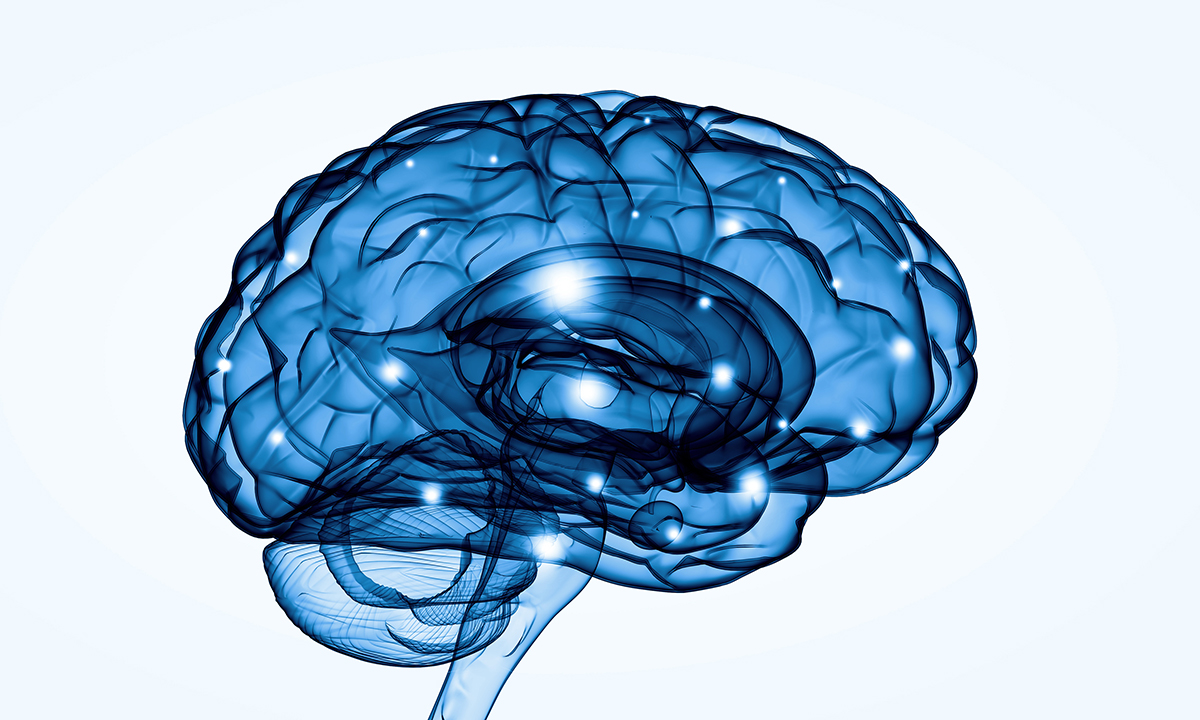Addiction is more than a behavioral health problem; it’s a complex illness. Drugs and alcohol significantly alter the brain’s structure and function, making it increasingly challenging to abstain from these substances over time. However, understanding the principles of neuroplasticity can shed light on the recovery process and the potential for healing. Here are five specific ways addiction impacts the brain and how treatment can support your recovery.
1. Disrupts the Reward and Pleasure Centers
The first significant impact of addiction is on the brain’s reward center. Substances like drugs and alcohol artificially stimulate a feel-good chemical called dopamine. Over time, the brain becomes reliant on these substances to feel pleasure, reducing the impact of naturally enjoyable activities like food, socializing and exercise. As a dependency develops, the association between gratification and substance use becomes increasingly stronger.
2. Causes a Neurochemical Imbalance
Prolonged drinking and drug use can lead to a neurochemical imbalance. The constant flood of dopamine causes the brain to reduce its natural production of this neurotransmitter. When you are sober, you may experience feelings of depression and anxiety, thus perpetuating the cycle of addiction.
3. Alters Brain Structure
Addiction also physically alters the brain’s structure, particularly in areas related to decision-making, self-control, judgment, learning and memory. These changes can affect your impulse control, decision-making ability and recall, making it more challenging to resist cravings and maintain sobriety.
4. Promotes Tolerance and Dependency
With continued use, your tolerance to drugs and alcohol will build, requiring increasingly higher doses to achieve the same desired effect. At this point, you will be physically and psychologically dependent, which means your brain will not function normally without your substance of use. Quitting or trying to taper off can then lead to withdrawal symptoms, ranging from moderate discomfort to severe and even life-threatening conditions.
5. Triggers Stress Response
Addiction often triggers the brain’s stress response, increasing cortisol levels. Chronically elevated cortisol can affect your mood and make it challenging to manage stress without alcohol or drugs. Additional health problems associated with high cortisol levels include digestive issues, weight gain, suppressed immune function, elevated blood sugar and heart disease.
Recovery Starts With Healing Your Brain
Despite addiction’s extensive impact on your brain, you have a remarkable ability known as neuroplasticity – the brain’s capacity to rewire itself and form new neural connections. With accredited professional treatment, you can start healing from the damage caused by addiction.
At Pine Grove Behavioral Health & Addiction Services, we’ve seen this process firsthand. Our tailored programs use balanced nutrition, consistent routines, social support, and evidence-based therapy. Your journey to recovery can start as early as your first day in treatment.
Though it’s challenging, thousands of people have regained control over their lives at Pine Grove. The brain’s plasticity provides a foundation for hope – that with time, patience and compassionate support, recovery from addiction can be a reality. Contact us anytime to ask us about our treatment programming.

